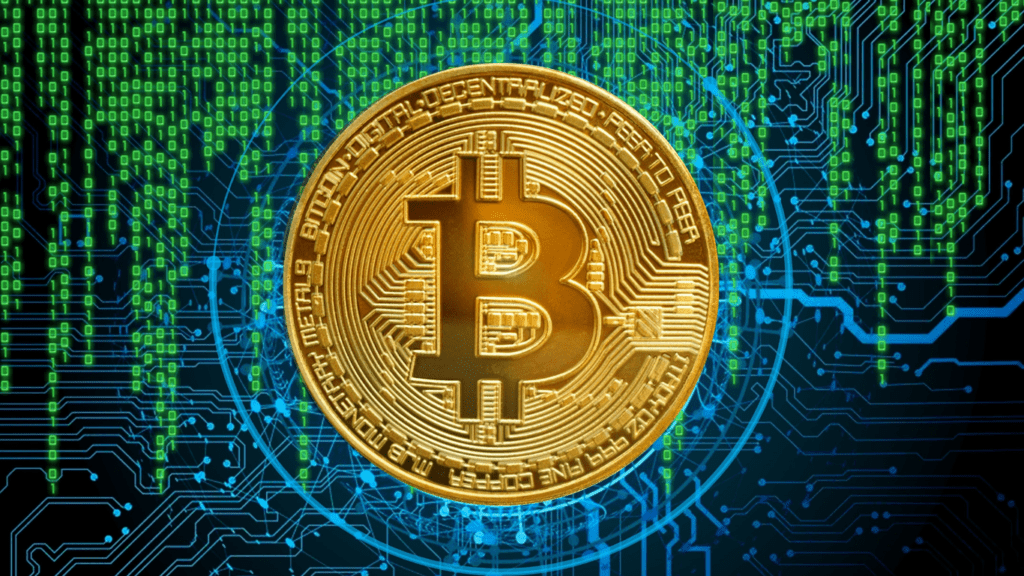The Evolution of Gambling Through Technology
Technology’s impact on gambling’s evolution spans decades. In the 1990s, online casinos emerged, allowing players to gamble from their homes. Most notable was InterCasino, launched in 1996. These platforms brought classic casino games like blackjack and roulette to desktop computers.
The 2000s saw the rise of mobile technology. Smartphones and tablets enabled users to gamble on the go. Companies developed mobile-responsive websites and dedicated applications. By 2007, mobile gambling services generated significant revenue, proving their popularity with the public.
In the 2010s, live dealer games revolutionized online gambling. Players experienced real-time interactions with human dealers via high-definition streaming. This fusion of online convenience and casino authenticity attracted a new audience.
Blockchain technology and cryptocurrencies introduced transparency and security. Casinos began accepting Bitcoin and Ethereum for deposits and withdrawals. Smart contracts simplified transactions and ensured fair play.
Augmented reality (AR) and virtual reality (VR) redefined user experiences in the late 2010s. VR casinos offered immersive environments where players could navigate virtual spaces and interact with others. AR introduced gamified elements, enhancing traditional activities.
By the 2020s, artificial intelligence (AI) drove personalized experiences. Algorithms analyzed user behavior to suggest games and create custom promotions. Predictive analytics helped improve customer service and manage risks.
Advanced technologies continue to shape the future of gambling. They promise more innovations, keeping the industry dynamic and exciting.
Online Casinos and Mobile Gambling
The rise of online casinos and mobile gambling has revolutionized the gaming industry, offering unparalleled convenience and access. Technology plays a crucial role in enhancing user experience and expanding the market.
Growth of Online Platforms
Online gambling platforms have grown significantly since their inception in the 1990s. The availability of high-speed internet and advancements in software have made these platforms more reliable and secure. In 2020 alone, the global online gambling market reached a valuation of $66.7 billion, reflecting its immense popularity and widespread adoption. Online platforms offer diverse options such as slot games, poker rooms, and sports betting, catering to various player preferences. Real-time gaming experiences, powered by cutting-edge technologies like HTML5 and WebGL, ensure smooth and immersive gameplay. Most online casinos now feature live dealer games, creating an authentic casino atmosphere by streaming live dealers from studios.
Mobile Gambling Applications
Mobile gambling has surged, driven by the proliferation of smartphones and tablets. Gambling apps offer seamless experiences, whether users are at home or on the go. In 2021, approximately 59% of the overall online gambling revenue came from mobile devices. The integration of mobile-specific features like push notifications and touch interfaces enhances user engagement. Providers ensure apps run efficiently on different operating systems, including iOS and Android, catering to a wide audience. Enhanced security measures such as biometric authentication and encrypted transactions protect user data. Many apps also incorporate AI algorithms for personalized gaming suggestions, further enhancing the user experience.
Mobile gambling apps deliver the entire casino experience in one’s pocket, making it easier for users to access their favorite games anytime and anywhere.
Cryptocurrency and Blockchain in Gambling

Cryptocurrencies and blockchain technology are rapidly changing the gambling landscape. Digital currencies like Bitcoin and Ethereum offer innovative solutions for gaming platforms and users.
Benefits of Cryptocurrency Gambling
- Using cryptocurrencies provides significant advantages for gambling.
- Transactions use blockchain technology, making them fast, secure, and transparent.
- Players experience lower transaction fees compared to traditional payment methods.
- Transferring Bitcoin incurs minimal costs, unlike credit cards or bank transfers.
- Anonymity is another crucial benefit. Cryptocurrency transactions don’t require personal information, ensuring privacy for players.
- This anonymity contrasts with traditional methods, which often involve sharing sensitive data.
- Enhanced security also reduces the risk of fraud since blockchain keeps records immutable.
Blockchain for Fair Play and Transparency
Blockchain technology ensures fair play and transparency in gambling. Smart contracts are self-executing contracts with terms directly written into code, enabling automated and tamper-proof wager settlements. For example, Ethereum smart contracts can autonomously handle payouts when conditions are met.
Provably fair algorithms increase trust by allowing players to verify the fairness of games themselves. Blockchain creates public ledgers accessible for verification, ensuring game outcomes aren’t tampered with. For instance, platforms can publish hashed algorithms, enabling users to check results.
Using blockchain also combats common industry issues like fraud and manipulation. Immutable records prevent altering transaction histories, fostering a secure environment for players and operators. By using blockchain, gambling platforms build credibility and trust, attracting more users seeking secure and transparent gaming experiences.
Virtual Reality and Augmented Reality
Virtual reality (VR) and augmented reality (AR) technologies are transforming how people experience gambling. They create immersive environments and interactive elements, elevating how users engage with games.
Immersive Casino Experiences
In VR casinos, players can explore digital casino floors and interact with games and other players just like in a physical casino. They choose from a variety of games, including slots, poker, and roulette. Using a VR headset, they walk around the casino, approach tables, and even chat with others. Examples include Casino VR Poker and SlotsMillion, both offering fully immersive experiences.
VR and AR Betting Games
VR and AR betting games go beyond traditional formats, introducing new ways to place bets and experience sports events. In VR betting, users attend virtual sports events with other avatars, adding a social aspect. AR, on the other hand, overlays digital elements onto the real world. For instance, AR apps allow users to place digital bets on live sports matches viewed through their devices. Companies like Unibet and William Hill are integrating AR in their betting apps, enhancing user engagement and interactivity.
Artificial Intelligence and Big Data Analytics
Artificial Intelligence (AI) and Big Data Analytics reshape the gambling landscape, introducing innovative solutions for both operators and users. These technologies offer various applications, enhancing the overall gambling experience.
Personalized Gaming Experience
AI enables personalized gaming through machine learning algorithms that analyze user behavior. By scanning vast amounts of data, these algorithms tailor game recommendations and promotions to individual preferences. For example, AI might suggest slots with themes a player enjoys or highlight loyalty bonuses likely to attract specific users. This personalized approach improves engagement, making the gaming experience more enjoyable.
Fraud Detection and Prevention
- AI and Big Data Analytics improve fraud detection and prevention in online gambling.
- Operators use these technologies to monitor transactions and identify anomalies indicative of fraudulent activity.
- AI systems can flag suspicious betting patterns or unusual login locations.
- When identifying potential threats, these systems can immediately alert security teams, reducing the risk of financial losses and maintaining the integrity of the platform.
Regulatory Changes and Challenges
Regulatory changes are shaping how the gambling industry adapts to new technologies. Emerging legal frameworks and technological challenges highlight the evolving landscape.
Emerging Legal Frameworks
Countries implement new legal frameworks to regulate online and digital gambling activities. Jurisdictions such as the UK, Malta, and Gibraltar have established comprehensive licensing requirements for operators. These frameworks ensure transparency, fairness, and consumer protection. For instance, the UK’s Gambling Commission mandates that operators adhere to strict anti-money laundering (AML) measures. The United States has seen a patchwork of state-level regulations, with states like New Jersey and Nevada legalizing and regulating online gambling. These regulations encourage responsible gambling through self-exclusion programs and deposit limits.
Addressing Technological Challenges
Technologies like blockchain, AI, and big data present unique regulatory challenges. Authorities assess how these technologies affect fairness and transparency in gambling. Blockchain technology offers decentralized, tamper-proof ledgers, enhancing transaction security. Regulatory bodies must determine standards for blockchain use to prevent fraud. AI and machine learning models analyze user behavior, creating privacy concerns. Regulators enforce data protection laws, like GDPR in the European Union, to address these concerns. Ensuring interoperability between different technological systems also remains a challenge. Standardized protocols help operators and developers maintain compliance across platforms.









